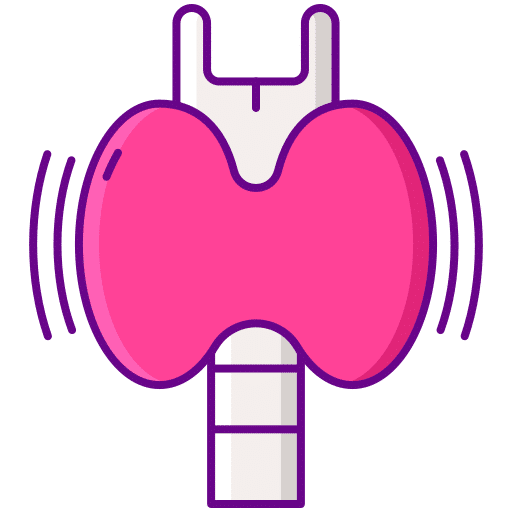
T3 Resin Uptake (T3RU)

Analyzer Report
Frequently Asked Questions
In order to determine how many binding sites on thyroid hormone-binding proteins in the blood are free and able to bind with triiodothyronine (T3), a test called T3RU is performed. Instead of measuring free T3 in the blood, this method evaluates how well certain proteins bind this hormone.
Possible causes for a low T3RU count include:
- The most prevalent reason for a low T3RU level is hypothyroidism. When the thyroid gland stops producing adequate thyroid hormones, especially thyroxine (T4), a condition known as hypothyroidism develops.
- Steroids and high doses of aspirin are two drugs that have been linked to suppressed T3RU levels in the body.
- Thyroid hormone levels, notably T3RU, might lower during pregnancy.
Instances, where a high T3RU count is seen, include:
- Overactive thyroid (hyperthyroidism) causes an overabundance of thyroid hormones (including triiodothyronine and thyroxine) to be produced. Increased release of thyroid-binding proteins in response to elevated thyroid hormones has been linked to elevated T3RU levels.
- Pregnancy: Since estrogen synthesis rises during pregnancy, thyroid-binding protein levels may rise as a result. This, in turn, can lead to a rise in T3RU levels.
- Liver disease: Abnormal liver function can influence thyroid hormone metabolism and lead to changes in blood levels of thyroid-binding proteins. As a result, it might lead to a rise in the total number of T3RUs.
The T3RU count (or T3 uptake or T3 resin uptake) is a laboratory test used to assess thyroid health. The abbreviation T3RU means “triiodothyronine resin uptake.” Thyroid-stimulating hormone (TSH) and thyroxine (T4) measurements are common companions to the T3RU count for evaluating thyroid health. Doctors may learn more about thyroid function and make accurate diagnosis of disorders like hyperthyroidism (overactive thyroid) and hypothyroidism (underactive thyroid) by combining these data.
T3RU findings should be interpreted by a medical practitioner in light of the patient’s medical history, symptoms, and other test results.
































